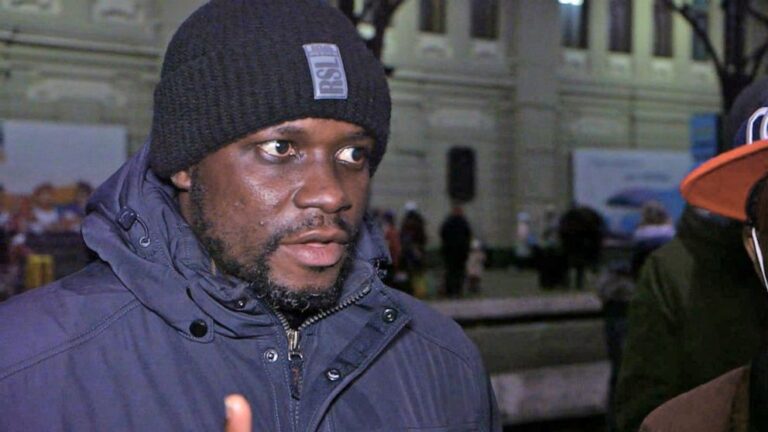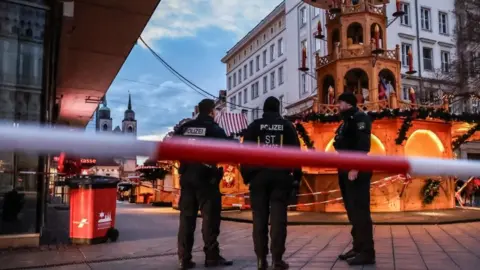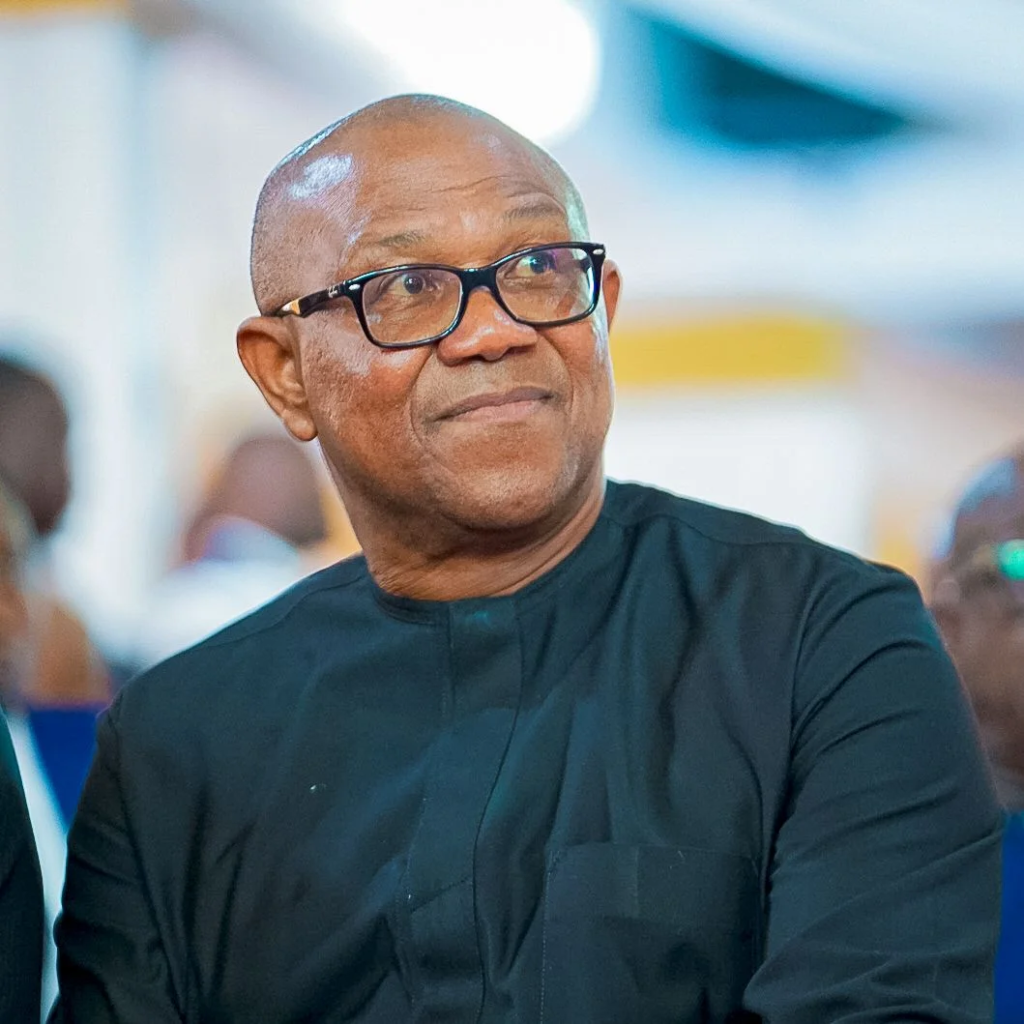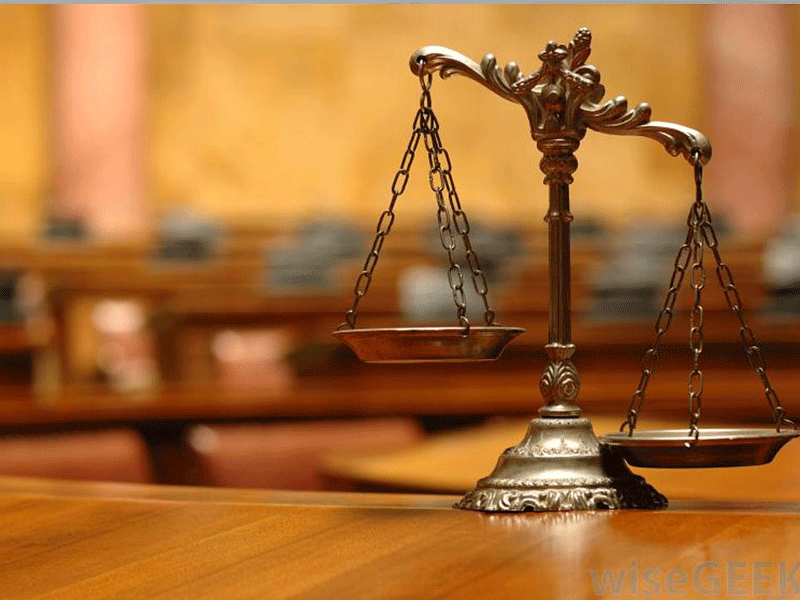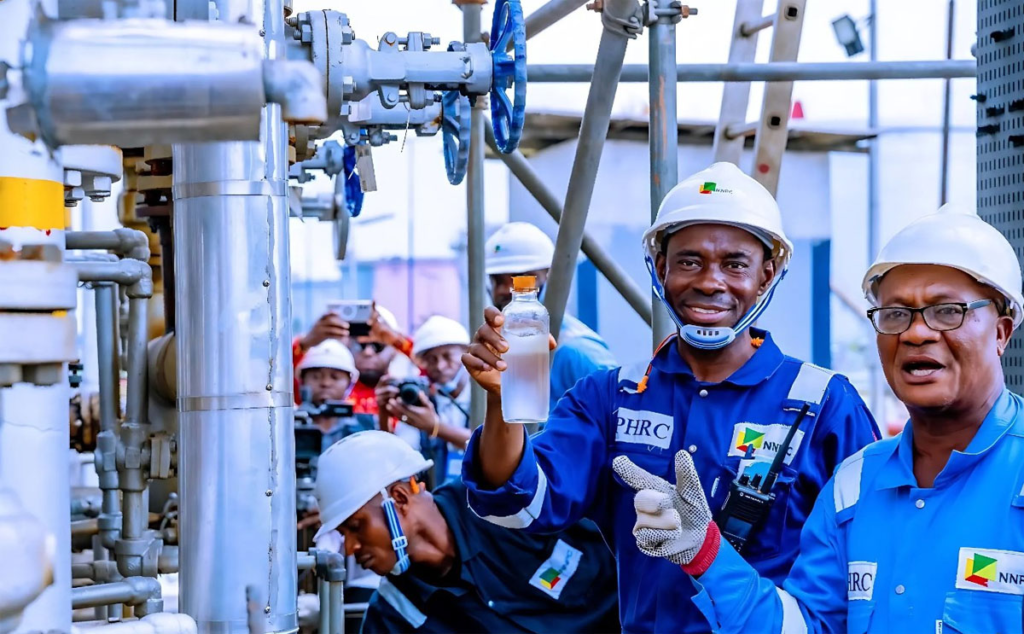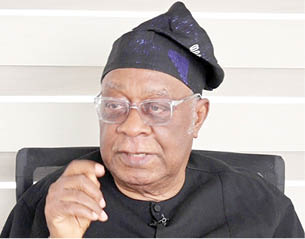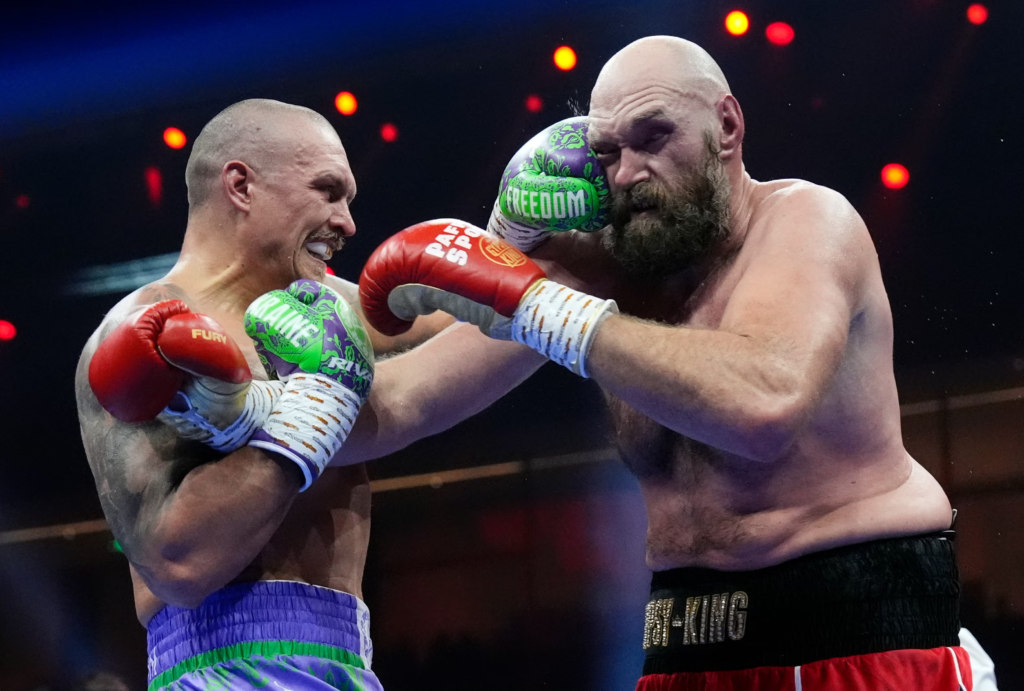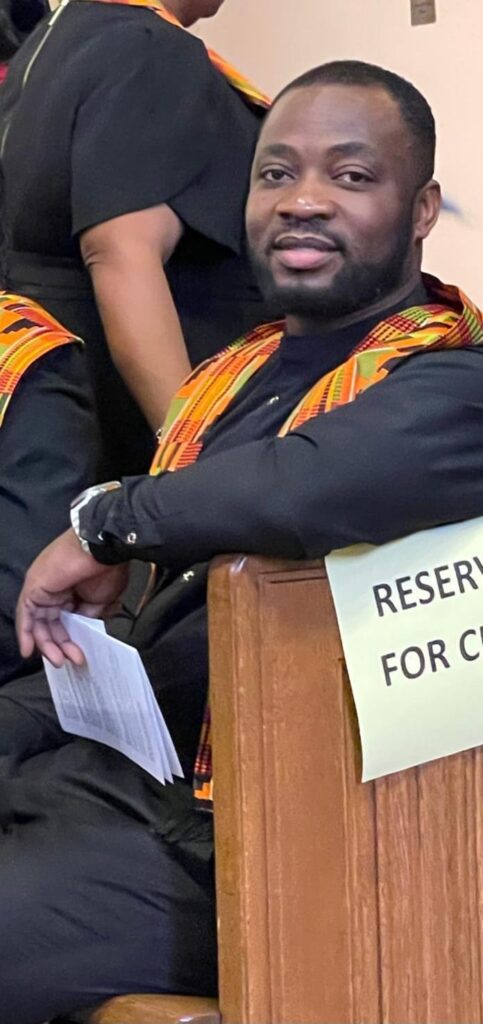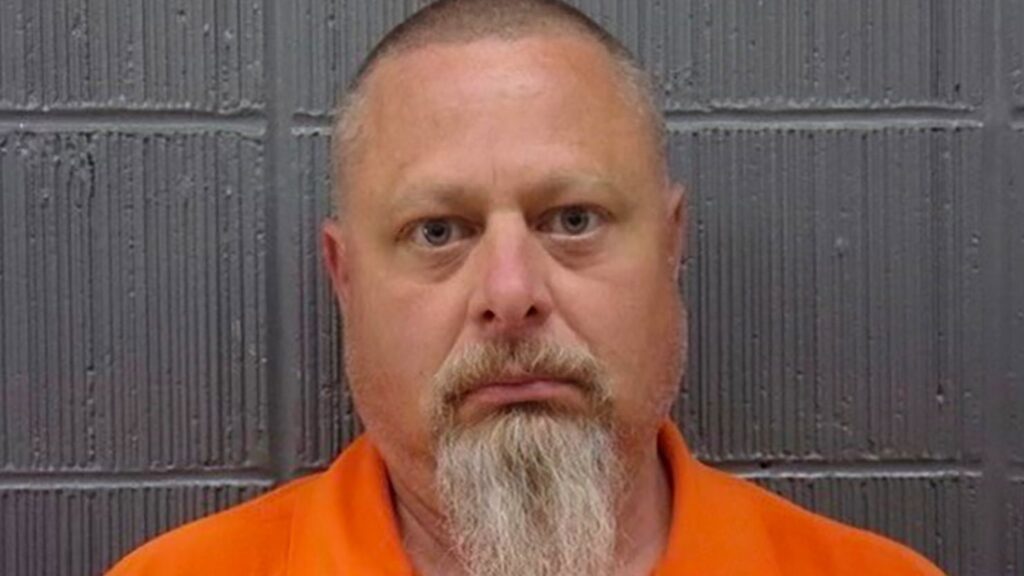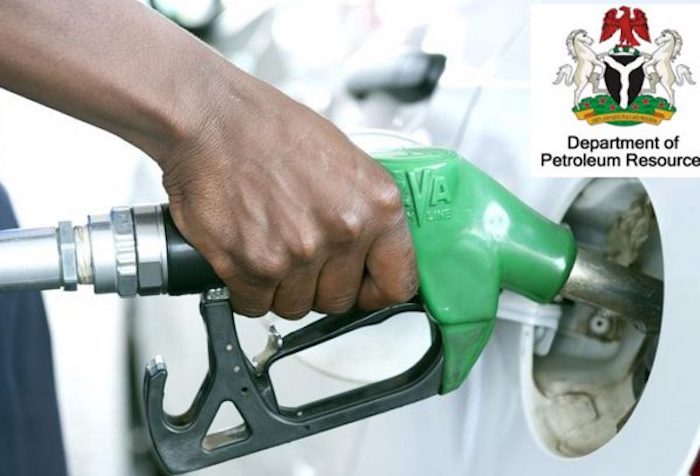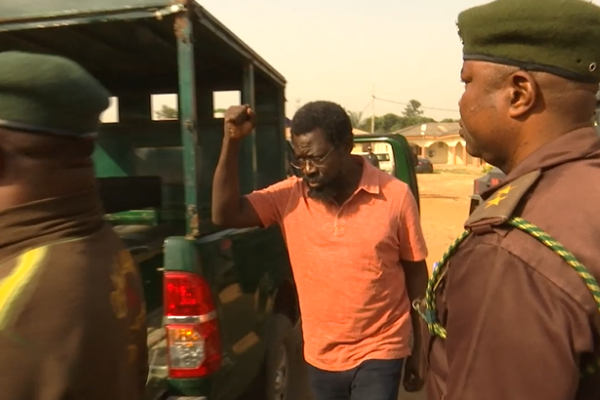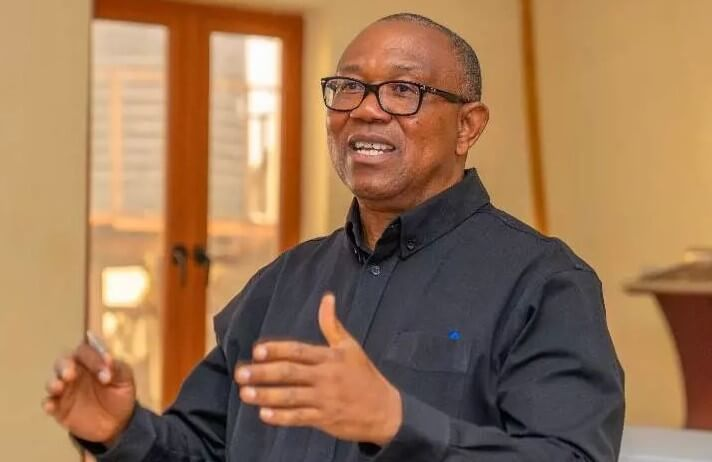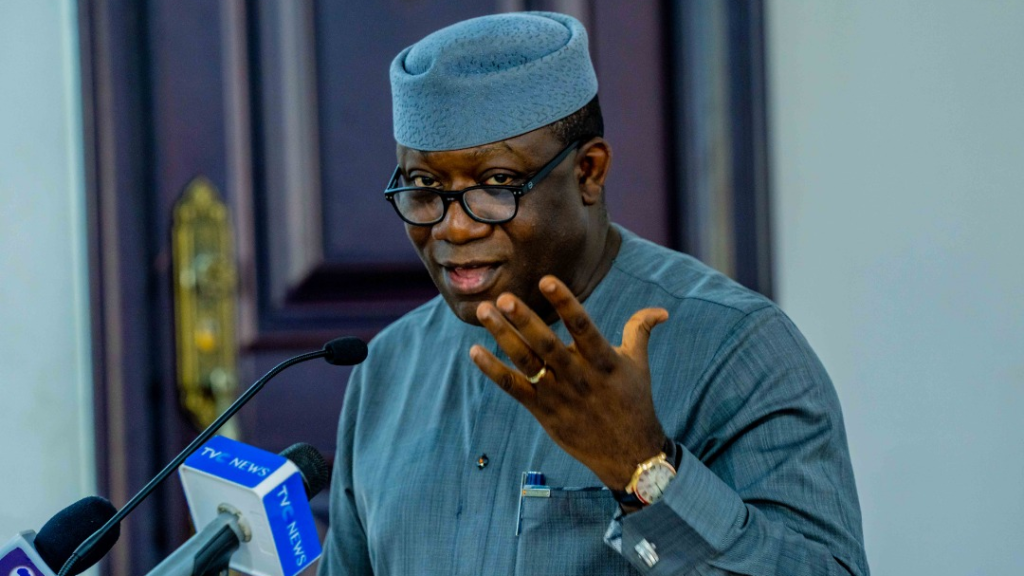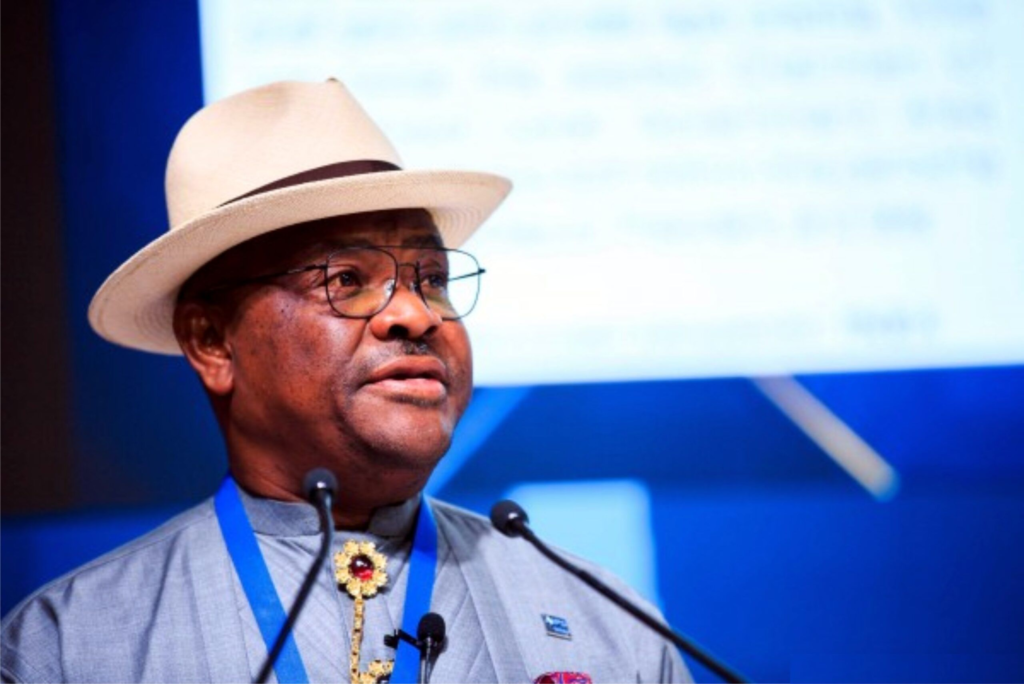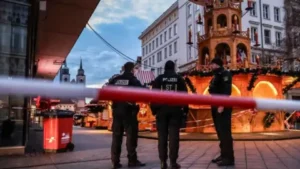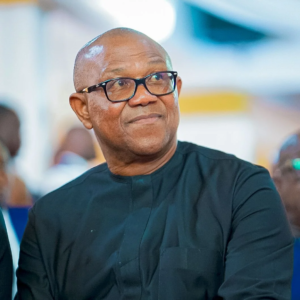As hundreds of thousands fled Ukraine, some immigrants and students of color fleeing Russian attacks reported being stuck in limbo at the borders.
Adeyemo Abimbola, a Nigerian student studying in Ukraine, told ABC News on Sunday that he and a group of African students had been waiting for a train to cross into Poland for nearly three days, but were told to wait.
“The Ukrainians are given priority, which is to children and women,” Abimbola said.
“Our lives also matter,” he added. It is unclear if Abimbola and his friends made it to Poland.
Women, children and the elderly have been given priority at border crossings, while many Ukrainian men of fighting age have stayed behind after Ukraine began drafting reservists aged 18 to 60 to fight against Russian attacks.
Andrew Geddes, a professor of migration studies and the director of the Migration Policy Centre, told ABC News that prioritizing the safety of women, children and the elderly is “fairly standard” during a humanitarian crisis because they are “seen as more vulnerable.”
But Geddes added that this has led some third-country nationals living in Ukraine, including men from Africa and Asia who are not going to join the Ukrainian army, to feel “trapped in this situation.”
He said that as he waited to board a train, he was told that only women and children were allowed but then watched as some Ukrainian men were allowed to board.
“The police in Ukraine were taking some men, and we thought, ‘How is that possible? You just said women and children, so now you are taking Ukrainians; white people. Why? Are we not people like them?'” Diantouadi said.
Ukraine’s Minister of Foreign Affairs Dmytro Kuleba responded to reports of discrimination in a tweet on Tuesday, saying that “Ukraine’s government spares no effort to solve the problem.”
“Russia’s invasion of Ukraine has affected Ukrainians and non-citizens in many devastating ways. Africans seeking evacuation are our friends and need to have equal opportunities to return to their home countries safely,” he tweeted.
Geddes said that nonwhite refugees fleeing Ukraine, particularly men, are “falling through the protection cracks.”
“They don’t really fit the kind of dominant frame of young Ukrainian men fighting, and the vulnerable groups being evacuated … they’ve almost become less visible in the context of this protection crisis,” he said.
Korrine Sky, a Black British medical student living in Ukraine, told ABC News on Wednesday that she and her family were in a line of cars for 40 hours at the Romanian border, and as they reached the front of the line they were aggressively confronted by some Ukrainians who did not want them to enter.
Sky said that when she and her husband got out of the car to seek help from the Ukrainian military, they were asked to join a line for those traveling on foot that only included “people of color.”
“There was, like, evident segregation,” she said.
“They are prioritizing Ukrainian people leaving Ukraine,” she added. “Us students, who’ve come from different countries to get an education for a better life for our families and friends, we’re the least of their worries.”
Sky and her family arrived in Romania on Tuesday.
“We will continue to intervene, as we have done several times, to try to ensure that everybody is received in the same manner,” he said, urging all nations to welcome those fleeing Ukraine without discrimination.
Chaos and congestion
The mass exodus of more than 1 million refugees, per UNHCR data released Wednesday, has led to chaos and congestion at border crossings, particularly in Poland, which has taken in more than 453,000 of those who fled Ukraine.
Likabiso Lekoatsa, a medical student from Lesotho studying in Dnipro, Ukraine, spoke with ABC News after fleeing Ukraine through Slovakia as she traveled in a car through the Czech Republic, hoping to get to Germany where she has friends.
“It wasn’t hard to cross over to Slovakia,” she said.
“There were no troubles at all,” she added. “They just took my passport and I was let through very easily.”
Lekoatsa, who was set to graduate in 2024, said she made the decision to flee through Slovakia because a friend of hers, also a medical student from Lesotho studying in Ukraine, told her that she was held back in Poland and waited at the train station for at least three days.
“She was trying to go to Poland and [Ukrainian officials] were saying that they won’t let her in until all the Ukrainians have passed,” Lekoatsa, adding that she has not been able to communicate with her friend to find out if she made it through.
On Tuesday, dozens of self-identified right-wing nationalists stormed through the city center of Przemysl, Poland, and harassed refugees who looked to be people of color, witnesses to the incident told ABC News.
Julian Würzer, a reporter for the German newspaper Berliner Morgenpost who is stationed in Poland, told ABC News that extremists aggressively shouted at refugees to get out of the country and allegedly assaulted them during the incident.
Grandi said that he met with Polish Foreign Minister Zbigniew Rau on Wednesday, who “affirmed Poland’s commitment to continue receiving all those fleeing, without distinction.”
Asked about Grandi’s comments, Geddes said that “practices on the ground might not reflect the policies in central government.”
“It can be quite a long distance between the capital city, the ministry and the people who are actually operating the border control policy,” he added.
According to UNHCR data, the number of Ukrainians who’ve fled their country has so far climbed to 836,000 — a mass exodus that is believed to be the biggest number of people displaced in the shortest amount of time since World War II.
While addressing the U.N. General Assembly on Monday, Grandi urged European nations not to discriminate in admitting refugees from Ukraine.
“I encourage governments to continue to maintain access to territory for all those fleeing, Ukrainians of course, but also third country nationals living in Ukraine, people there to work and to study. And in some cases, people that are in Ukraine, as refugees, and all of whom are now similarly forced to escape the violence,” he said. “At this critical juncture, there can be no discrimination against any person or any group.”
According to data from Ukraine’s Ministry of Education and Science, in 2019 there were about 80,000 international students studying in Ukraine from 158 countries, the majority of which — about 23% — come from India, followed by Morocco, Azerbaijan, Turkmenistan and Nigeria.
Reports of discrimination
ABC News witnessed train cars heading to Poland that were designated for non-Ukrainian men, but some nonwhite refugees who were held back at various border crossings said they believe that they were discriminated against based on their race.
Pyra Diantouadi, an immigrant from Congo living in Dnipro, Ukraine, spoke with ABC News on Tuesday after arriving in Korzcowa, Poland.
Abc

